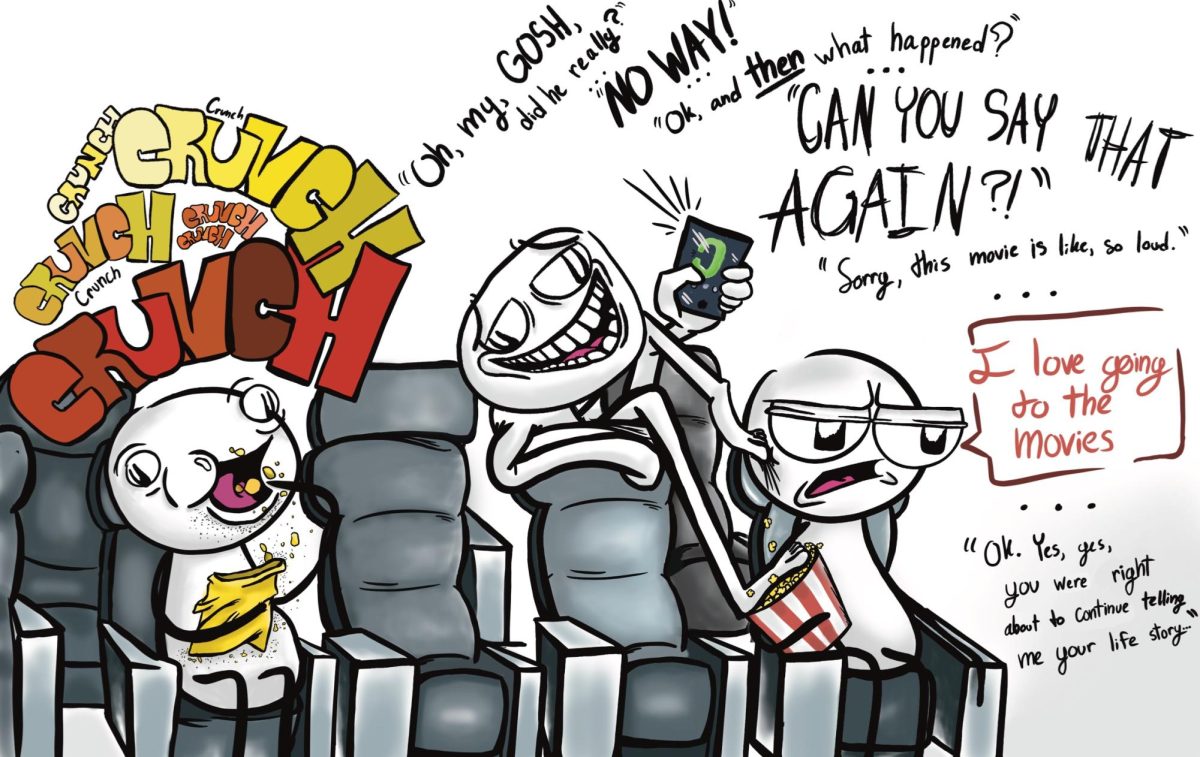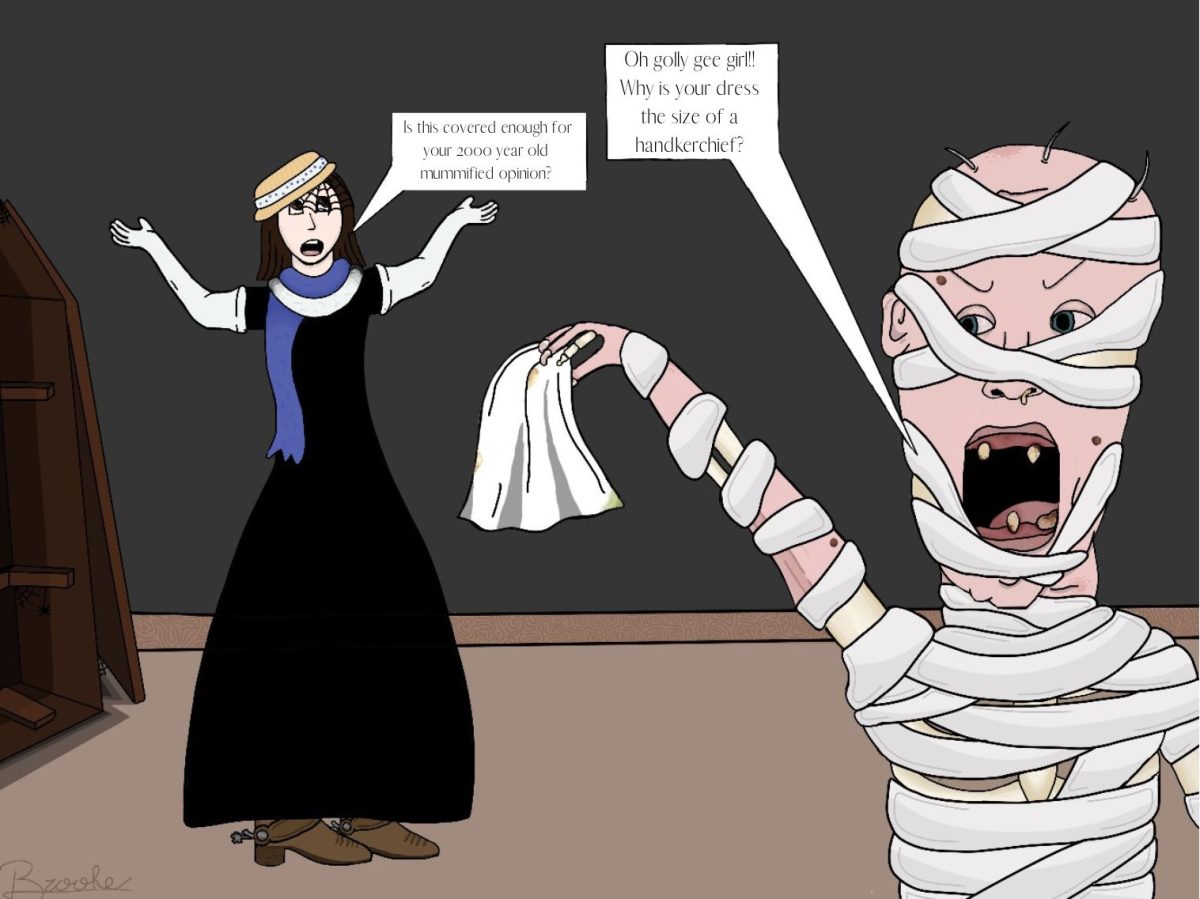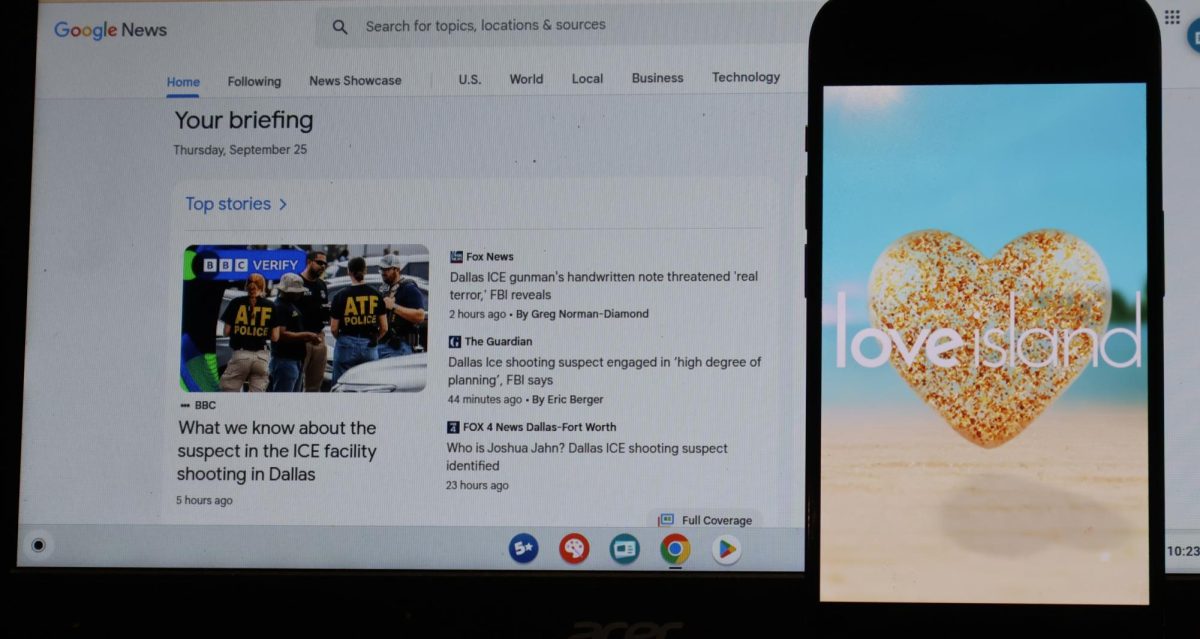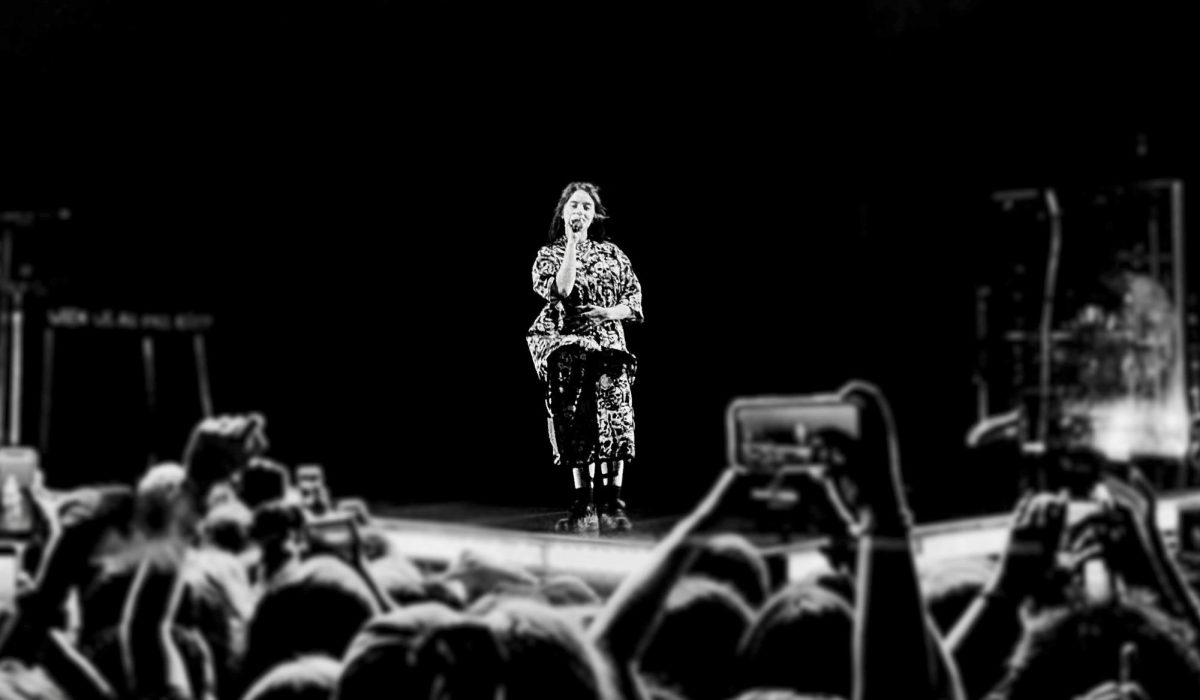The most annoying people I know are poor. But before anyone gets it mixed up, I’m not talking about working-class poor. I’m talking about the “I have no money, but I did travel to Europe this summer” type of poor. The “My family is so broke after we got a boat” poor. The “Yeah, I’d say I’m upper-middle-class!” poor. The rich. Those are the ones I’m talking about.
They partake in what I’ve started to call “class appropriation,” which I define as someone acting as if they exist in a different economic bracket than they actually do. Without actually having to withstand the hardships and toils of poverty, they can instead put on their acting chops and present themselves as a down to earth and empathetic individual who, yes, also experiences economic challenges. They experience all the benefits of being someone who’s rich, but instead of portraying themselves that way, they stoop down to behaving middle class to seem relatable to their peers. These people are avid followers of the minimalism, streetwear, and thrifting trends because to them, that’s how they can escape the negative stigma around being wealthy. Donning the image of a stereotypical middle-class person is, apparently, more appealing than just being extremely well-off.
No one wants to come across as arrogant by saying how easy they have it. It’s generally more socially acceptable to just say “I’m broke” and move on. That’s because what’s been growing in recent years is the disdain festering towards the upper class, characterized by the hatred of corporate greed and the wealthy as prices everywhere only continue to increase. The online celebration of the late UnitedHealthcare CEO Brian Thompson’s assassination and the increasing contention around president-elect Donald Trump’s proposed wealth tax cuts don’t help in this case, either. These instances have become a reflection on how fed up the working class has become over relentless rapacity. No one desires to be a part of one of the most disliked groups of the 21st century.
However, to that I say: “Go cry about it!,” because no one should use that as an excuse for this behavior.
What makes this so infuriating is that poverty is treated as a costume. One can complain all they want about being impoverished, but are they really if every night they go home to a nice house, a full pantry of food, and water that never threatens to shut off? For them, this costume can be easily taken off and discarded. They are able to rid themselves of their penniless persona and enjoy the amenities and luxuries that they have at the drop of a hat. For the rest of us, class isn’t just a character. The reality of being poor is not something that anyone ever wants, and it’s certainly not a part of an identity that can be so effortlessly thrown away. It’s a layer of yourself that is glued to your skin and drains the life out of you. The rich don’t care, though. They throw on their thousand dollar distressed jacket with secondhand JNCO jeans, wear their crustiest pair of shoes, and tell the world that they really do understand the situation that me and millions of others face every single day.
The culmination of this results in the supplies and resources that were initially meant to support those who experience true financial hardship becoming diluted with those who are just seeking cheaper options for the sake of performance. Sequentially, the struggles of the lower class are suddenly becoming something to be sought after, a fad that ultimately trivializes the real issues that those in poverty face. It has been a long time since I have entered Goodwill and didn’t see an entire posse of fashion influencers with shopping carts filled to the brim with clothes, and I couldn’t count on one hand the amount of times I see students apply for scholarships and aid targeted to those coming from low-income families when their own household income is well above the threshold.
These resources are meant to level the playing field between the poor and the wealthy so that they may be able to exist on equal standing. But instead, they’re being used to only further the economic divide, where the only ones who experience the benefits are the rich who choose to take away these reserves from those who actually need them.
The capability of choosing whether or not you can present as rich or poor is something that speaks to an incredible privilege that some are lucky enough to have. If you truly care about those around you, it is essential to realize that the struggles of the working class aren’t something that can be aestheticized or made into a caricature, and doing so is extremely tasteless in the world that we live in today. These hardships are a reality too heavy to be shrugged off or imitated, and pretending otherwise strips the authenticity from the struggles that were never even yours to begin with.

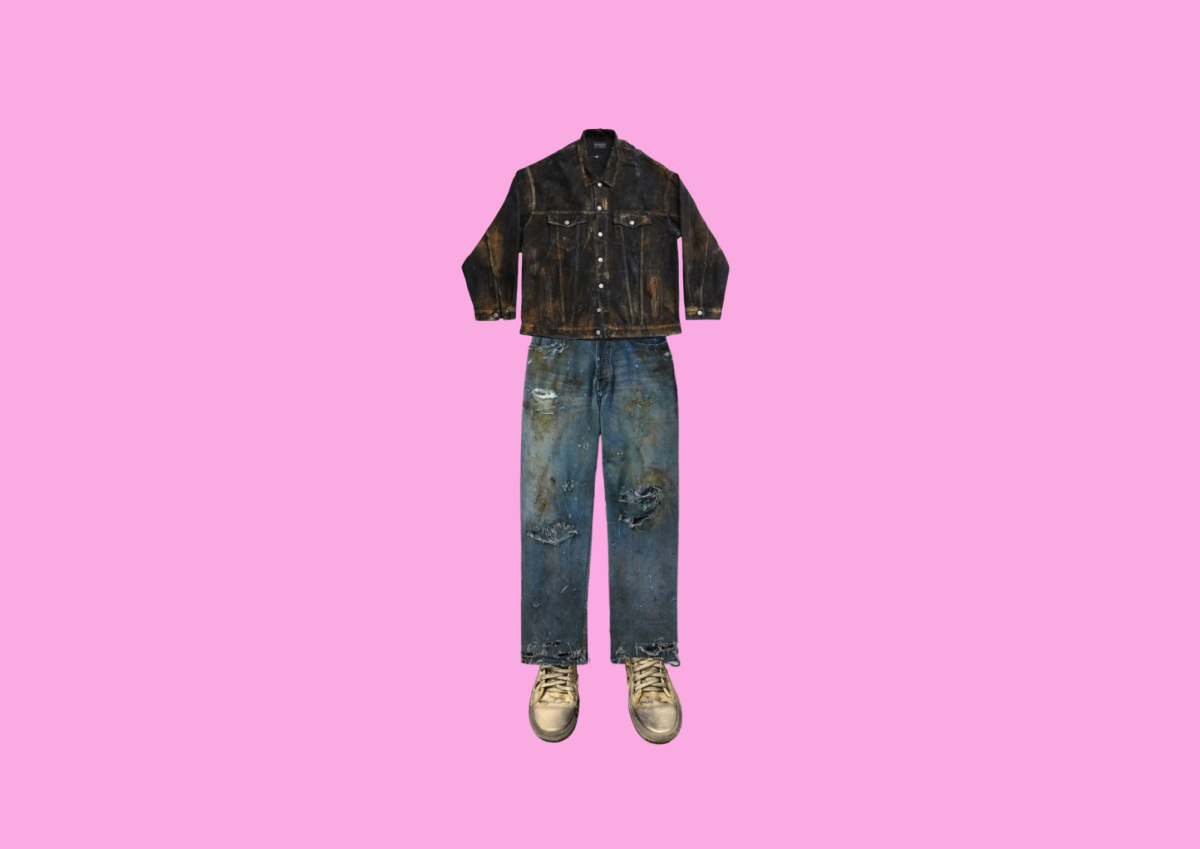
![Working in the Student Success Office, Attendance Secretary Lordis Depiazza inputs a student’s absence excuse note. Students are required to bring an excuse note to the attendance office within three days of any absence. “Reminding students that being in school is important because it reflects towards your grades and being able to do any activities with the school,” Depiazza said. “[It] seems to get the students' attention about wanting to be in school.”](https://southwestshadow.com/wp-content/uploads/2025/10/IMG_8313-1200x800.jpg)

![Squaring up to a practice dummy, sophomore Cypher Andres prepares to throw a punch. Dummies are regularly used to help him prepare certain hits to take his opponents down. “[Boxing dummies help me practice] because it’s basically a model of the body,” Andres said. “It helps with accuracy, such as pressure points behind the ear, and a clean liver shot can end the fight.”](https://southwestshadow.com/wp-content/uploads/2025/10/IMG_5728-e1759850486200-1200x864.jpg)

![Arranging the fabric on the floor for a new project, senior Sapphyre-Ann Leung plans out her attire for the next deadline. With the recent closures, students now had limited resources and less margin for error with the fabric and materials they had in stock while trying to reach strict deadlines. “Joann’s had a lot of high-end fabric for our fashion competitions,” Leung said. “We couldn’t just buy ten yards of fabric from Hobby Lobby or Walmart. Since [Joann Fabrics] is no longer open, we have to buy items online, which is way more expensive.”](https://southwestshadow.com/wp-content/uploads/2025/10/IMG_0038-1200x800.jpg)

